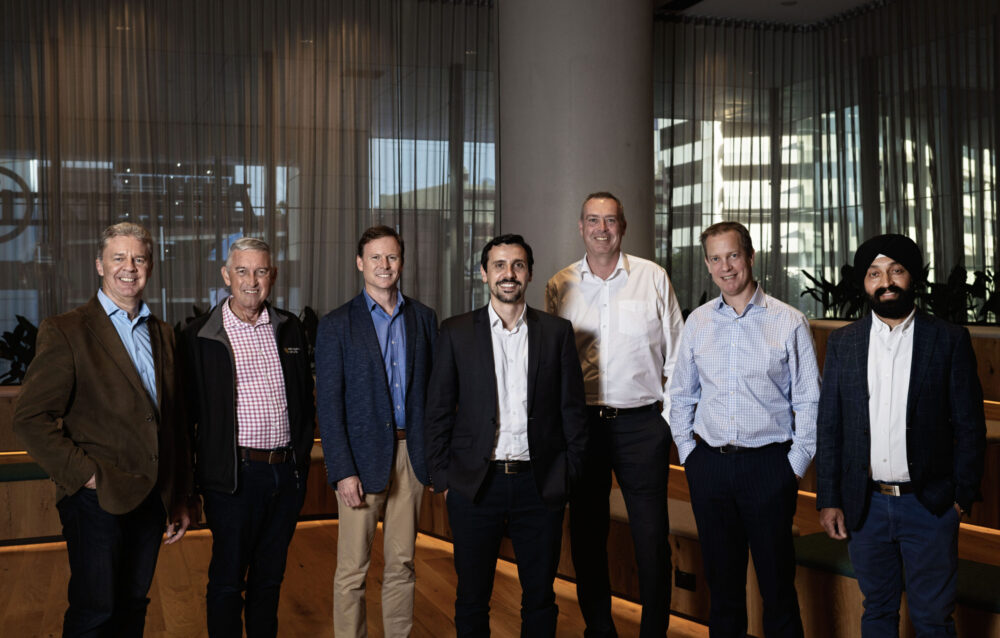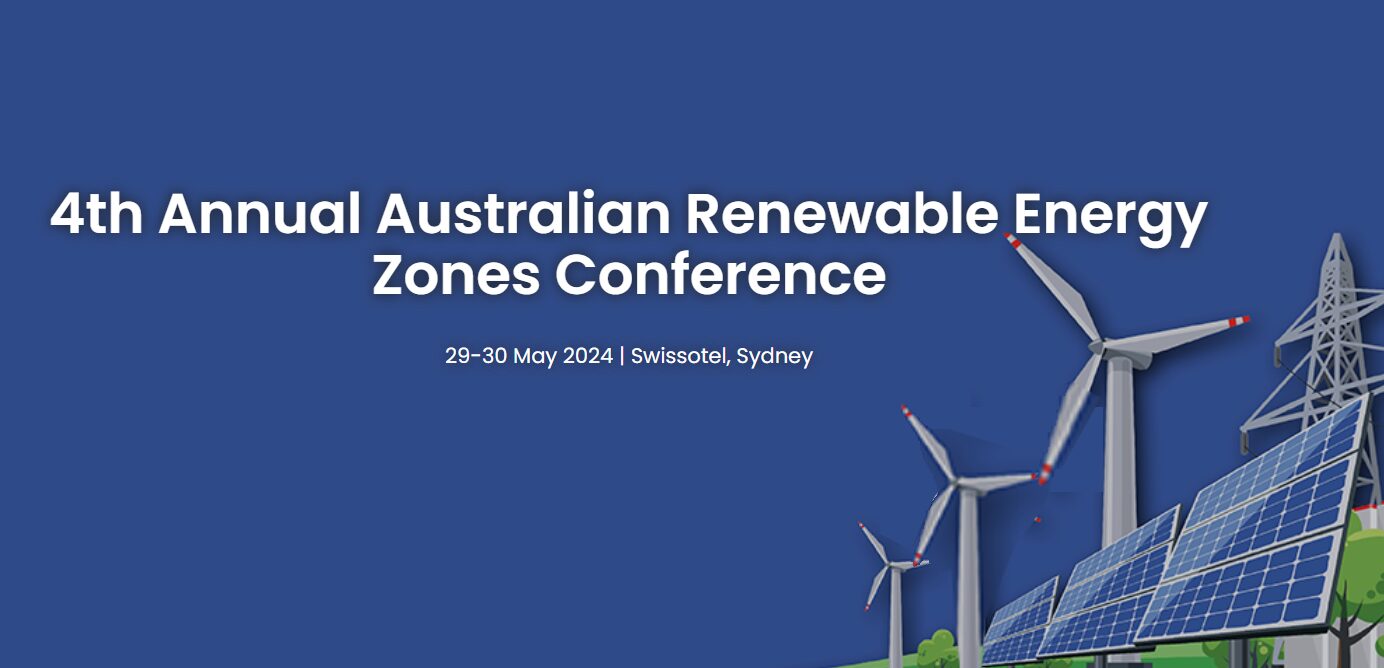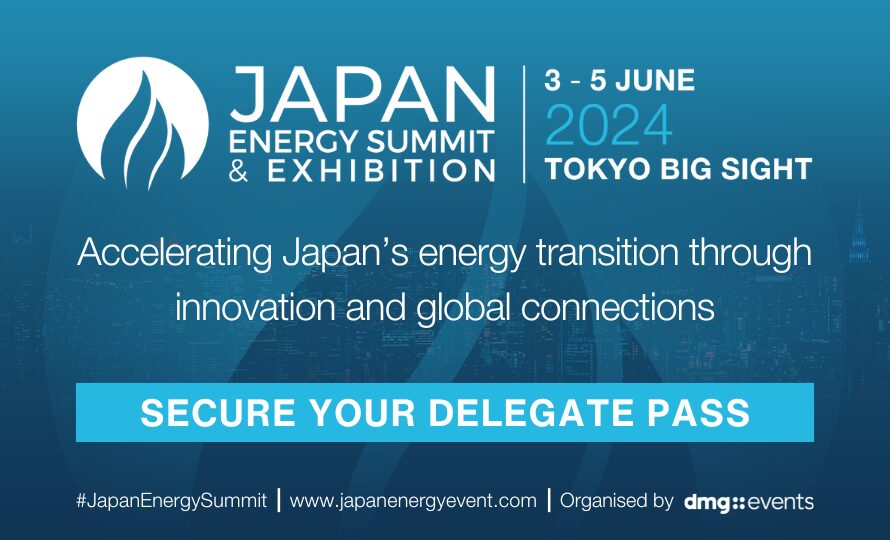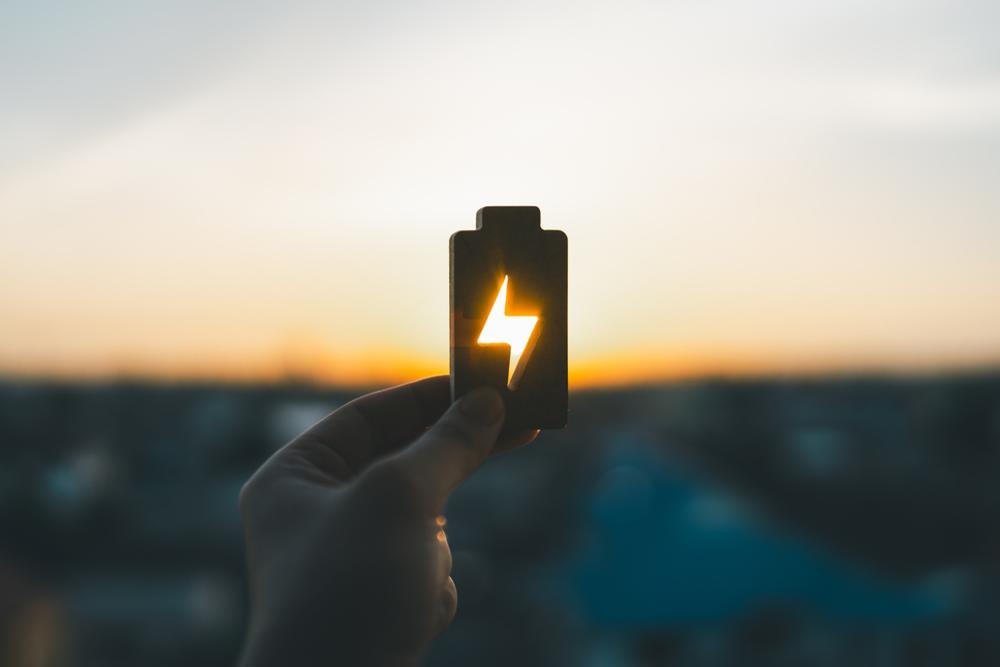
New Australian clean energy storage start-up Endua has launched to build hydrogen-powered energy storage, aimed at delivering sustainable, reliable and affordable power at a moment’s notice.
Endua is backed by $5 million in funding, technology and industry expertise from CSIRO, Australia’s national science agency; Main Sequence, the deep tech investment fund founded by CSIRO; and Ampol, the country’s largest fuel network.
The company was formed under Main Sequence’s venture science model, which starts by identifying a global challenge, and brings together science and industry to solve it.
Today, off-grid industries and regional communities tend to rely on electricity from generators running on diesel, which are expensive to run and have a negative effect on the air quality and greenhouse gas emissions.
Endua’s hydrogen-based technology will make it possible for regional communities, towns and industries like mines and remote infrastructure to become self-sustaining from the grid, using only renewables.
Endua will build breakthrough clean power generation and storage in a modular power bank that can drive power loads of up to 150 kilowatts (kW) in a single pack.
The company will use new electrolysis technology developed at CSIRO to produce hydrogen within the device, leveraging the agency’s pioneering science and experience to make it possible to store and deliver renewable energy in a cost-effective way compared to traditional fossil fuel sources like diesel generators.
Ampol will bring industry and customer knowledge to help develop, test and commercialise the technology, leveraging the increasing need for low carbon off-grid alternative energy solutions among its base of approximately 80,000 B2B customers nationally.
Sales will initially focus on the off-grid diesel generator market, which accounts for $1.5 billion of diesel and 200,000 tonnes of carbon emissions per annum.
Ampol Managing Director and CEO, Matthew Halliday, said: “We are excited to be involved with Endua, which is part of our commitment to extending our customer value proposition by finding and developing new energy solutions that will assist with their energy transition.”
“Ampol is well-positioned to develop and leverage this new technology through our existing customer base and to work with our partners to explore broader applications in other parts of the economy.”
Endua CEO, Paul Sernia, an established entrepreneur, electric mobility expert and founder of EV charger maker Tritium, said as the market moves to 100 per cent renewables, new solutions are required to meet all conditions.
“We are rapidly transitioning to renewable energy to power our homes, our transport and our businesses. After being exposed to the energy sector through my work with Tritium, it was clear there was still work to be done in Australia’s transition to renewable energy. Solar, wind, hydro and batteries all play a part in getting us to net-zero. Yet there are places and situations where these sources won’t get us all the way there. Hydrogen will play a crucial role in our transition but only with the right technology and business model to make hydrogen power generation and storage cost-effective. Endua is making both achievable,” Mr Sernia said.
“We believe it’s possible to give everyone access to clean power, whether in the city or the outback. We’re solving the hardest problems in the move to net zero, for all purposes, not just those that ‘fit’ the renewables profile.”
Main Sequence Partner, Martin Duursma, who was involved in the formation of the company idea said bringing together state of the art technology, private investment and industry expertise gives Endua an opportunity to make an impact on a large scale.
“A core focus of our new fund is helping uncover scientific discoveries, and finding the right partners to turn them into real, tangible technologies so we can reverse our climate impact. Australia’s ingenuity and deep science background will be pivotal in building a clean hydrogen industry and decarbonising our energy grids. Delivering long-term, sustainable and reliable power with Endua presents an immense opportunity for Australia and the country’s energy sector,” Mr Duursma said.
CSIRO has been a pioneer in hydrogen technologies over the past 15 years. Its technology developments enable hydrogen-based power generation and storage that is truly modular and built for the long-term.
CSIRO Chief Executive, Dr Larry Marshall, said: “Unlocking the benefits of hydrogen needs a Team Australia approach, with collaboration between science and industry powered by commercialisation expertise, which CSIRO is uniquely placed to drive through its newly launched Hydrogen Industry Mission.
“Today’s launch of Endua, with support from CSIRO, Ampol, and Main Sequence, is another way we’re fast-tracking new home-grown technologies to enable Australia’s transition to a low-emissions future powered by local jobs and opportunities.”
Dr Sarb Giddey, lead scientist on hydrogen research at CSIRO, said: “Our collaboration with Endua, and the hydrogen technology we have devised, can lead to a major step-change in reducing the cost of hydrogen-powered energy storage and delivery.”
Endua is building the technology based in Brisbane with expertise and research support from Ampol and CSIRO.












